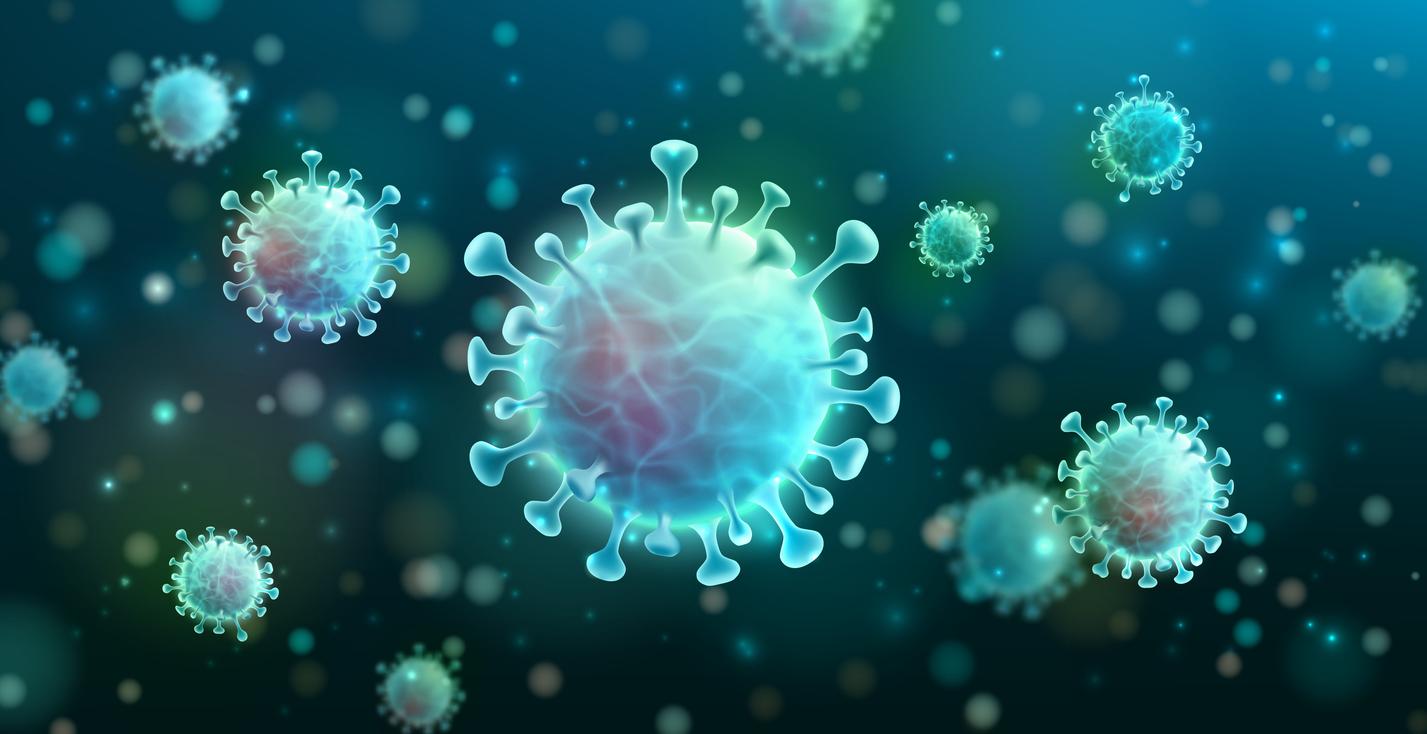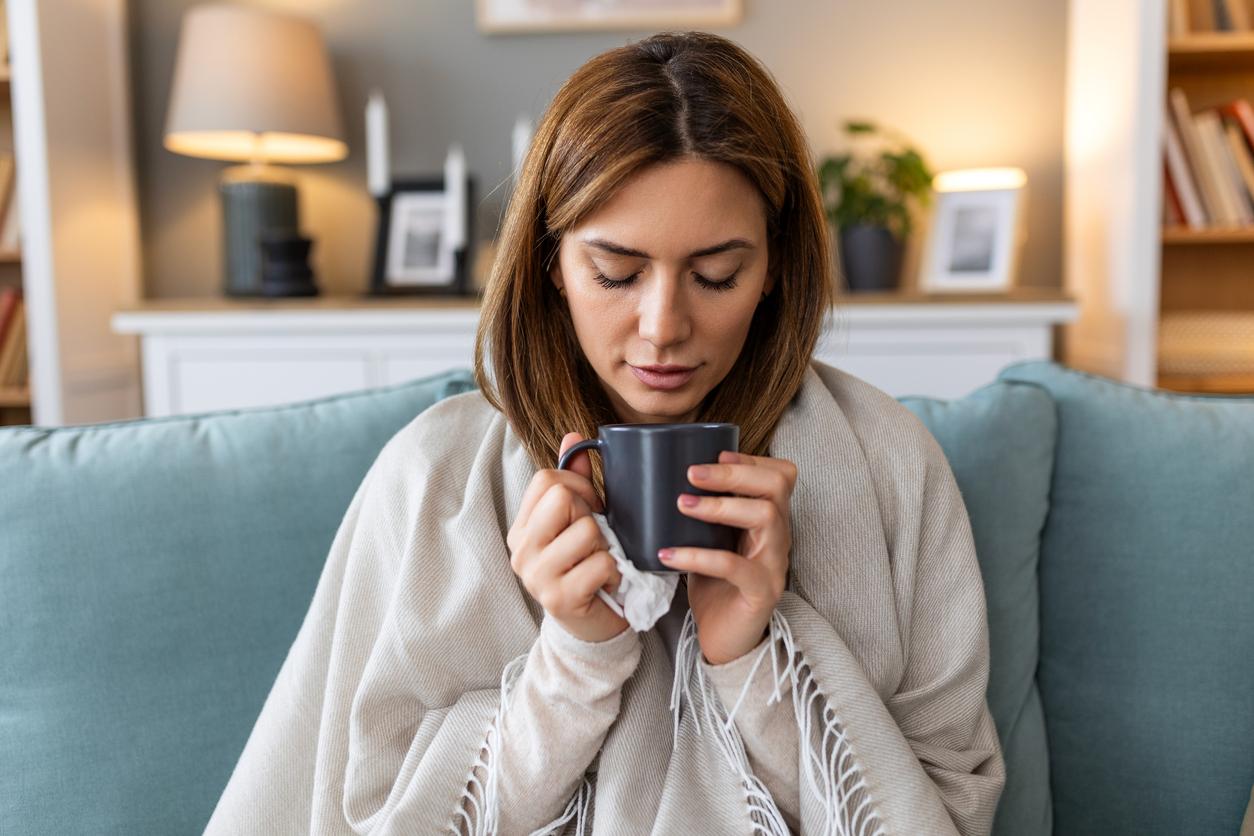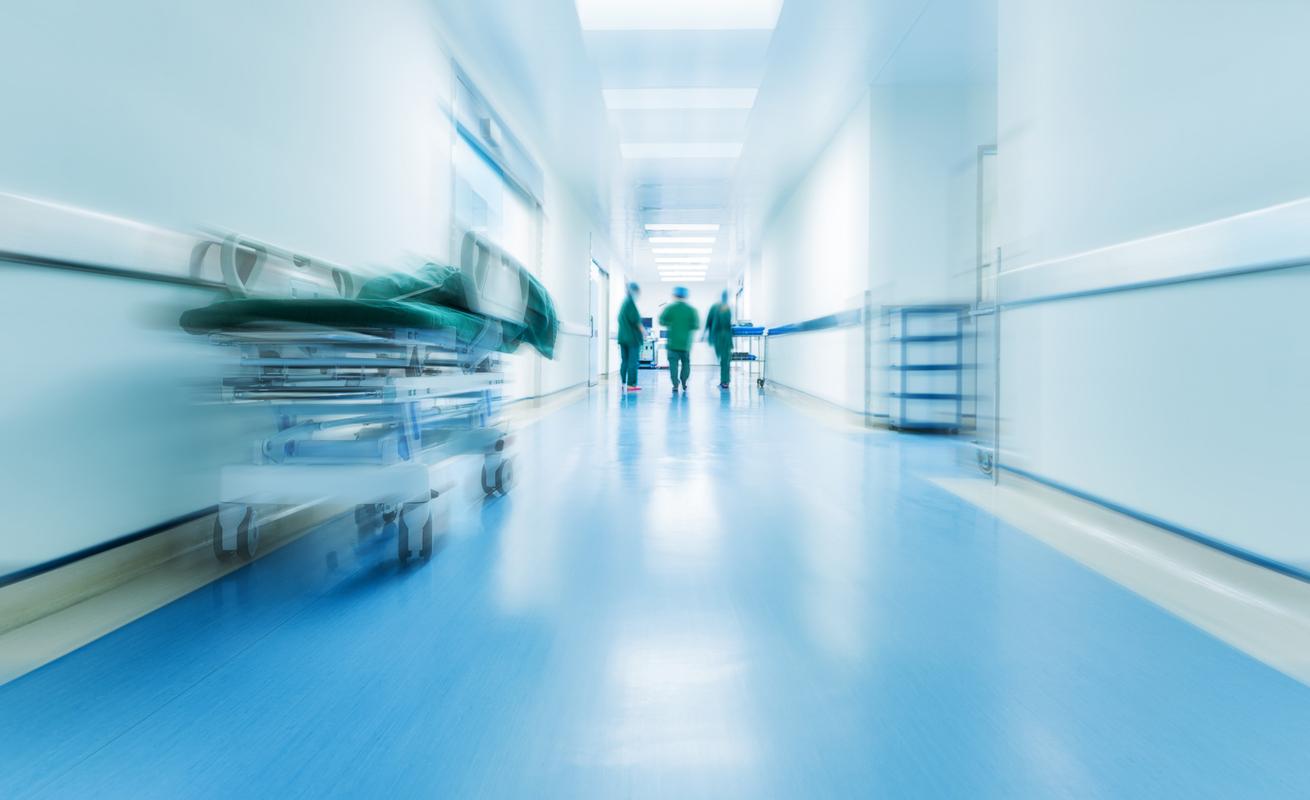The role of the anti-Covid vaccine continues to ask many questions: does it stop catching the coronavirus at all, blocking its installation in our body? Or does it just prevent the symptoms from developing? And can we still transmit the virus to others, or does the vaccine block this mechanism?
Vaccines reduce severe symptoms
The available vaccines (Pfizer, Moderna, AstraZeneka) are effective in reducing the severity of symptoms and in fine to protect vulnerable people, who are at risk of severe forms. But for the time being, we do not have data to know whether vaccines are effective in limiting the transmission of the virus between a vaccinated person and one of his or her unvaccinated relatives, therefore as a preventive measure.
All of them block the symptoms, but that doesn’t necessarily mean that you can’t get the virus. The Ministry of Health specifies: “In the state of knowledge, vaccines available today or under development reduce the severity of symptoms, but the reduction in contagiousness is uncertain. This is why it is recommended to continue to respect barrier gestures, even when you are vaccinated. “
This question is crucial because it defines the vaccine strategy. Since the launch of the campaign, in view of this data, priority has been given to the elderly and frail. But if it turns out that the vaccine was also a barrier to the virus, then the target could concern those who are in contact with the most people and who contaminate more: the youngest, workers in contact with the public, etc.
And limit contamination
Recent data allows us to see more clearly. Several British studies (where 20 million vaccinations have already taken place), suggest a real drop in the risk of contracting the virus. In Cambridge, researchers have tested thousands of patients, either vaccinated with Pfizer (one dose) or unvaccinated. Result: the unvaccinated were 4 times more likely to be positive for Covid-19. The vaccine would thus reduce the risk of infection by 72% from 3 weeks. With the second dose, we go to 85% less risk. In Israel, scientists found that out of 7,200 vaccinated, the infection rate was reduced by 75% with one dose of the vaccine.
In other good news, the Israeli researchers explain that because of the suppression of the symptoms, the vaccinated (if they contracted Covid-19), would transmit it much less. The virus secretion levels would be much lower after receiving the vaccine.
While not all of the data is equally accurate for all vaccines, these early findings make researchers optimistic. And suggest that vaccination would prevent on the one hand from developing symptoms, but also very often from being contaminated. Of course these data must be confirmed. In the meantime, wearing a mask, barrier gestures and social distancing remain essential, even when vaccinated.
Read also:
- Covid-19: what if vitamin B6 limited the immune storm?
- Covid-19 and wastewater: 50% of English variants in the waters of Ile-de-France
- Covid-19: what are the comorbidities that give entitlement to the vaccine?
- Covid-19: who are the most at risk?

















